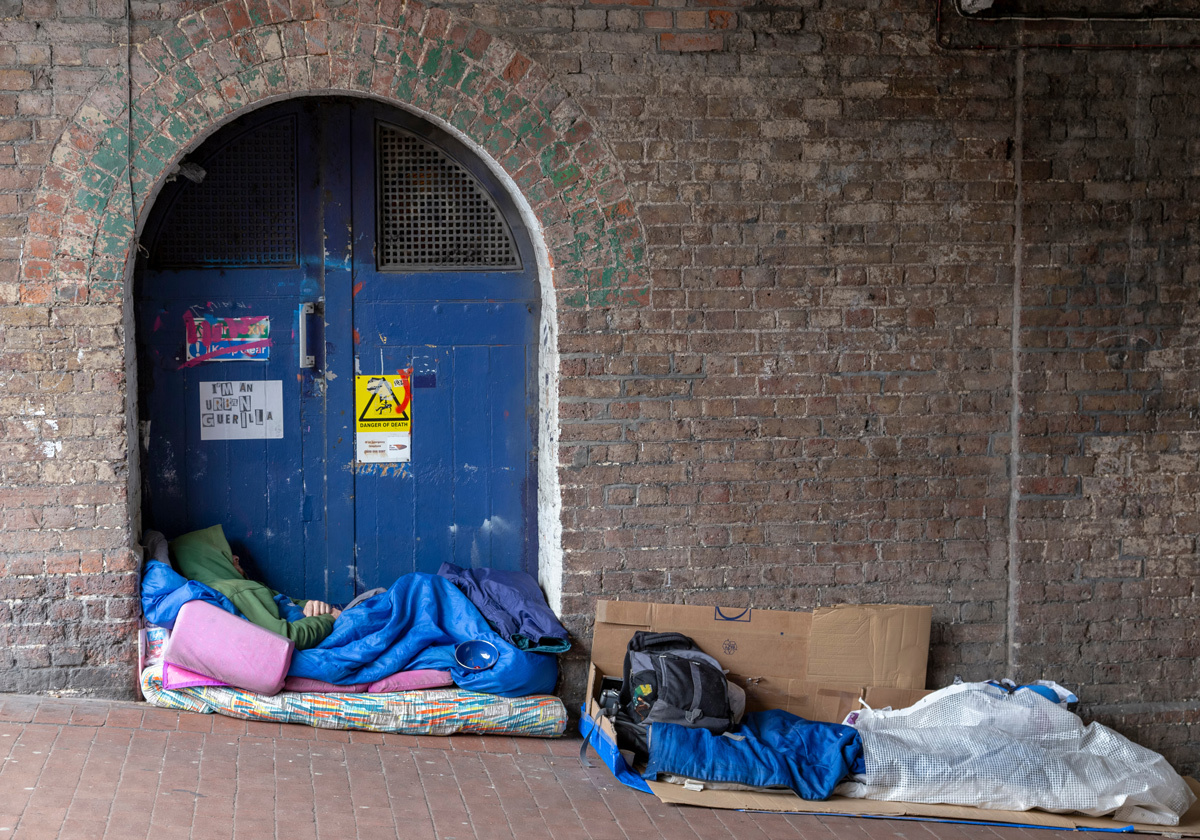A social impact approach to ending rough sleeping


At the Centre for Social Impact, systems reform is in our DNA.
This is best illustrated by our work in the homelessness sector in South Australia, where our team has been at the forefront of internationally significant reforms to curb rough sleeping.
Researchers from the Centre for Social Impact at Flinders University and their colleagues embarked on a global quest spanning three continents, to bring the best evidence on reducing homelessness back to Adelaide. Their work was instrumental in kickstarting the Adelaide Zero Project – a large-scale collaborative initiative to end homelessness in South Australia.
Officially launched in 2018, the Adelaide Zero Project is a Collective Impact approach that puts the individual and their needs at the heart of the system. It was also the first initiative outside North America to establish a ‘quality by-name list’, collecting the names and needs of everyone experiencing homelessness in real time.
This involved an army of hundreds of trained volunteers, walking the streets and connecting with every homeless person across the city. Together they formed a comprehensive list of names, detailing the personal needs of the 150 people sleeping rough. This was a remarkably prescient step that proved crucial when the pandemic hit and global lockdowns threatened the very lives of those sleeping rough. It meant safe housing, medical treatment and mental health support was rapidly delivered to Adelaide’s most vulnerable, whilst the mortality rate of rough sleepers doubled in other parts of the world.
The Centre for Social Impact’s team has been deeply embedded within South Australia’s groundbreaking collaborative effort to end homelessness. Working closely for collective impact is key to systems reform and at the heart of our approach to tackling today’s social challenges.
For example, the Centre for Social Impact developed a new social impact framework for the SA Department of Human Services, designed to shift the human service spend toward an investment in outcomes and away from ad hoc investments. This prompted the state to execute an $85 million defunding of existing homelessness programs and refund the same amount towards an outcomes-based solution.
The Centre for Social Impact has also worked closely with the South Australian Housing Authority , advising on its homelessness sector reform initiative as it moved toward an alliances model and, relatedly, co-developing an outcomes framework to better orientate funding toward ending homelessness.


